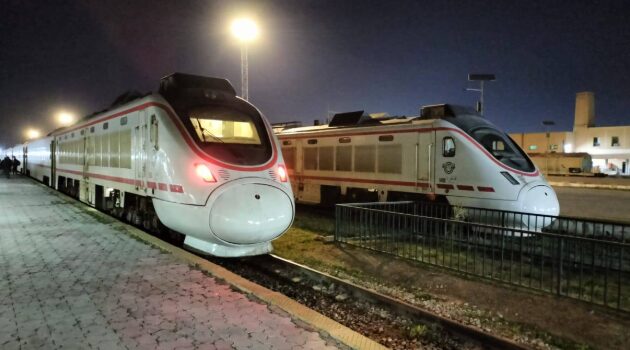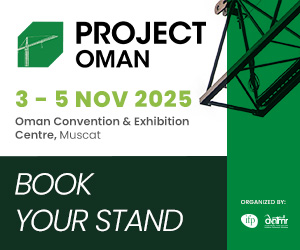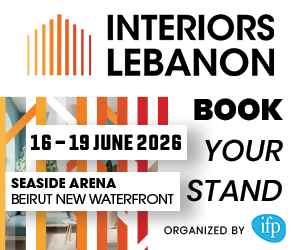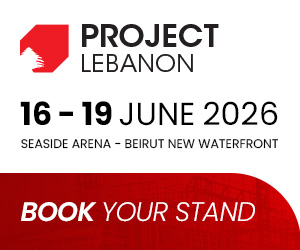The World Bank’s Board of Executive Directors has approved a US$930 million financing package to help Iraq modernize its railway system, stimulate domestic trade, generate employment, and diversify its economy.
The Iraq Railways Extension and Modernization (IREM) Project will upgrade rail infrastructure and services along the corridor connecting Umm Qasr Port in southern Iraq to Mosul in the north. The improvements are expected to shorten travel times, increase freight capacity, and expand access to reliable, sustainable transportation for businesses and communities alike.
The Middle East is witnessing renewed momentum for regional rail development, with countries investing in transport networks to strengthen trade ties within the region and with Asia and Europe. Among these initiatives is the Iraq Development Road (IDR), announced in May 2023, which envisions Iraq as a critical transit hub linking the Gulf to Turkey and onward into Europe. By integrating Iraq’s ports and infrastructure, the IDR could dramatically boost regional and domestic trade. However, Iraq’s rail sector has long suffered from poor connectivity, aging infrastructure, and chronic underinvestment, making modernization a crucial first step.
“As Iraq transitions from reconstruction to development, improving trade and connectivity can unlock growth, create jobs, and lessen reliance on oil,” said Jean-Christophe Carret, World Bank Middle East Country Director. “The IREM Project is essential to transforming Iraq into a regional transport hub and advancing the IDR’s goals of economic diversification and enhanced connectivity.”
The IREM Project will rehabilitate and modernize 1,047 kilometers of railway linking Umm Qasr, Baghdad, and Mosul. Plans include replacing outdated locomotives and rolling stock, refurbishing the Baiji maintenance facility, and procuring critical equipment and spare parts. Additionally, the project aims to attract private investment in dry ports and logistics hubs, generating skilled, sustainable employment.
Safety improvements will be central to the project, incorporating a comprehensive Safety Management System, infrastructure upgrades, level crossing enhancements, public awareness campaigns, emergency preparedness, and workforce training.
The project will also strengthen the institutional capacity of Iraqi Republic Railways (IRR), supporting the development of a Railway Sector Reform Action Plan and exploring opportunities for private sector participation. Training programs will focus on building staff skills and promoting women’s participation in the rail industry.
The IRR will implement the project under the oversight of Iraq’s Ministry of Transport. To ensure effective execution, an internationally recruited firm will be engaged to serve as a Capital Expenditure (CAPEX) management agent, supporting the IRR in overseeing contracts and building capacity to deliver large infrastructure programs. Project delivery will prioritize active citizen engagement, including community-led planning and monitoring mechanisms to share progress updates and gather feedback.
By 2037, the revitalized railway network is projected to handle 6.3 million tons of domestic freight, 1.1 million tons of imports and exports, and 2.85 million passengers. Cargo will include both bulk materials—such as grain and construction supplies—and containerized goods like industrial products and consumer items. Spanning eight governorates, the line is expected to improve economic integration across federal Iraq and directly benefit around 17 million people. The shift from trucking to rail will reduce road damage and lower annual maintenance costs.
Construction activities will create more than 3,000 full-time jobs over the next seven years. As operations ramp up, the sector is forecast to sustain approximately 21,900 jobs annually by 2040.
Source: World Bank

















































































